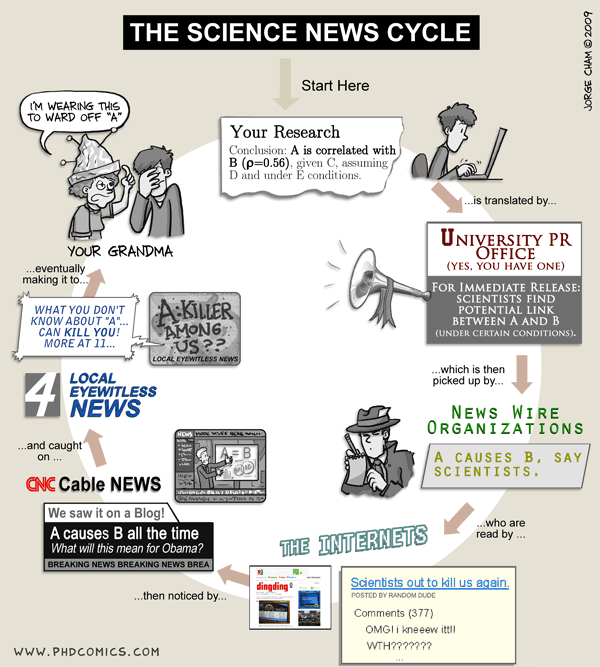New Research Says Vegetarian Diets Could Actually Be Worse for the Planet
A team from Carnegie Mellon University—not exactly a shady institution—has published a new report in Environment Systems and Decisions arguing that vegetarian diets contribute more to climate change than your standard omnivorous fare. Carnegie Mellon researchers even say that updated USDA recommendations—which emphasize cutting back on meat and consuming more fruits, vegetables, and seafood—are encouraging citizens to inadvertently use more resources and thus cause more “emissions per calorie.”
That’s the crucial concept here: calories.
Raising a pig obviously requires far more resources than raising a few heads of iceberg lettuce. But this is the larger issue: ten pounds of pork feeds a lot more people than ten pounds of lettuce. You have to eat a lot more lettuce to feel full than you do pork fat. And therein lies the issue.
The study looked at US food consumption patterns and measured their energy use, greenhouse gas emissions, and water needs. Initially, the team hoped to examine how America’s obesity epidemic was impacting the environment, taking into consideration farming, processing, and transportation, as well as even more complex factors such as product sales, food service, and even how we store these foods in our pantries.
Paul Fischbeck, professor of social decisions sciences and engineering and public policy at Carnegie Mellon, said in a statement, “Eating lettuce is over three times worse in greenhouse gas emissions than eating bacon.” “Lots of common vegetables require more resources per calorie than you would think,” he continued. “Eggplant, celery, and cucumbers look particularly bad when compared to pork or chicken.”
“There’s a complex relationship between diet and the environment,” said researcher Michelle Tom. “What is good for us health-wise isn’t always what’s best for the environment.”

